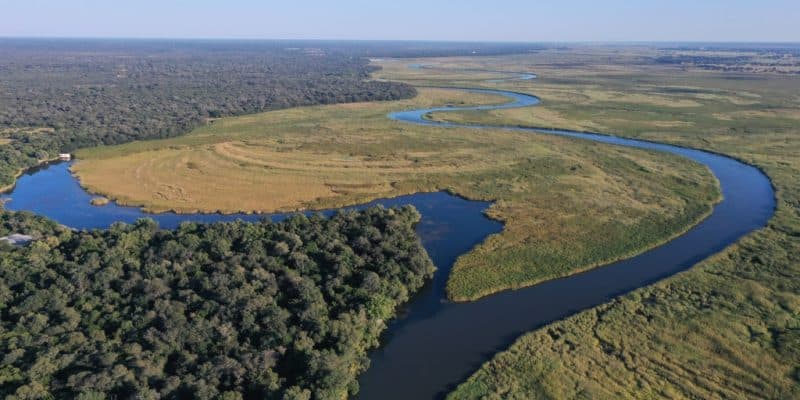On 8 June 2023, Namibia became a member of the United Nations Economic Commission for Europe (UNECE) Convention on the Protection and Use of Transboundary Watercourses and International Lakes. It is the first country in southern Africa to ratify this treaty, which supports states in managing water-related challenges.
After ratifying several basin agreements and joining basin organisations, including the Okavango-Cubango River Commission (OMBKACOM), the Orange-Senqu River Commission (ORASECOM), the Zaezi Watercourse Commission (ZAMCOM) and the Cuvelai Watercourse Commission (CUVECOM), On 8 June 2023, Namibia became a member of the Convention on the Protection and Use of Transboundary Watercourses and International Lakes of the United Nations Economic Commission for Europe (UNECE). It is the first country in southern Africa to join this convention.
Namibia also becomes the eighth African state to become a member of this treaty. “Transboundary water cooperation is the cornerstone of our country’s water security, and I firmly believe that, through this accession, Namibia will not only reap substantial benefits from its participation in this global legal framework, but will also have the opportunity to engage with other members in promoting the principles of peace and equity in the sharing of transboundary water,” says Calle Schlettwein, Namibia’s Minister of Agriculture, Water and Land Reform.
Sustainable management of shared waters in the face of climate change
Namibia shares several major rivers with its neighbours. These include the Orange-Senqu River in the south, shared with South Africa, and the Zambezi and Okavango Rivers in the north, shared with Angola, Zambia and Botswana.
The legal and intergovernmental framework of the Helsinki Water Convention will support the establishment of regional legal frameworks to safeguard and sustainably use these shared freshwater resources, including groundwater overexploited due to water scarcity during drought cycles.
“Accession to the Water Convention can also enable support from the community of Parties and the exchange of experiences with basins and countries around the world, facilitate access to funding and raise Namibia’s profile internationally with regard to transboundary waters,” says the UNECE. Open to accession by all UN member states since 1 March 2016, the Convention now has 50 parties and more than 20 countries around the world are engaged in the accession process, mainly in Africa and Latin America.
Read Also – NAMIBIA: restrictions on the use of water in response to the drought in Windhoek
Namibia’s accession to the Helsinki Water Convention comes three months after Niger announced its forthcoming accession to the treaty. The southern African country is thus paving the way for other countries in the sub-region to benefit from ratifying the convention, given the daily challenges of transboundary water management.
Namibia is also one of the only countries in Africa where all transboundary freshwater bodies are covered by operational management agreements, according to the national report submitted for the second monitoring exercise in 2020 for indicator 6.5.2 of the Sustainable Development Goal (SDG), for which the UNECE and the United Nations Children’s Fund (UNESCO) are the co-depository agencies. At the regional level, Namibia is a party to the Southern African Development Community (SADC) Revised Protocol on Shared Watercourses of 2000 and to the 1997 United Nations Convention on the Law of the Non-Navigational Uses of International Watercourses (Watercourses Convention).
Inès Magoum







